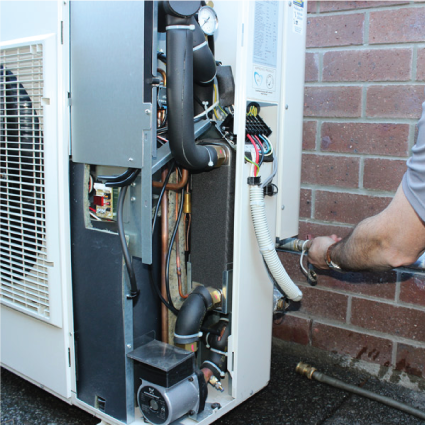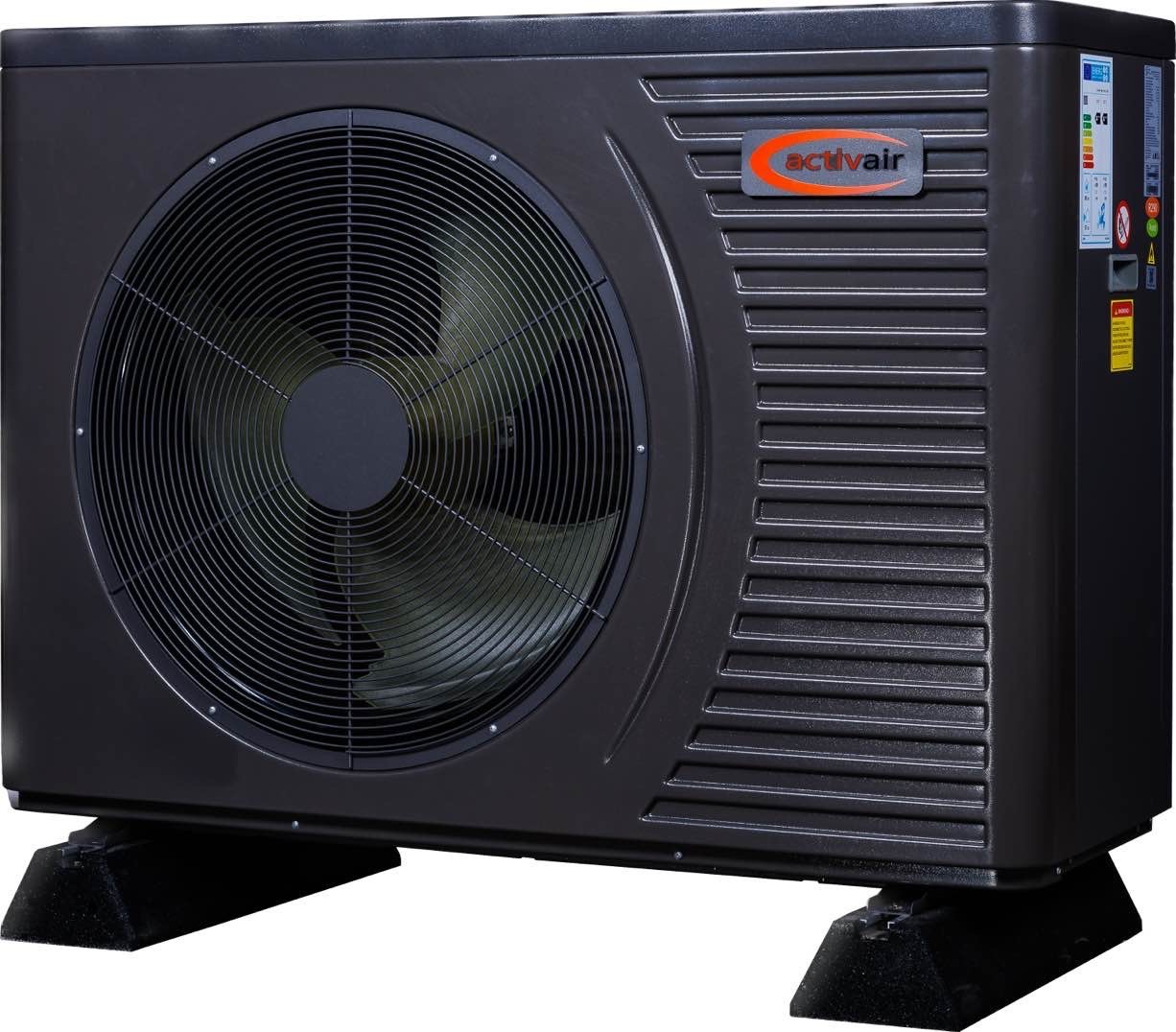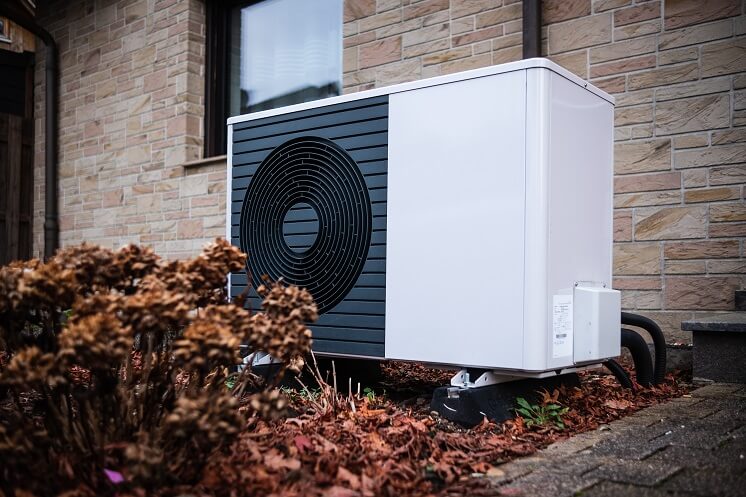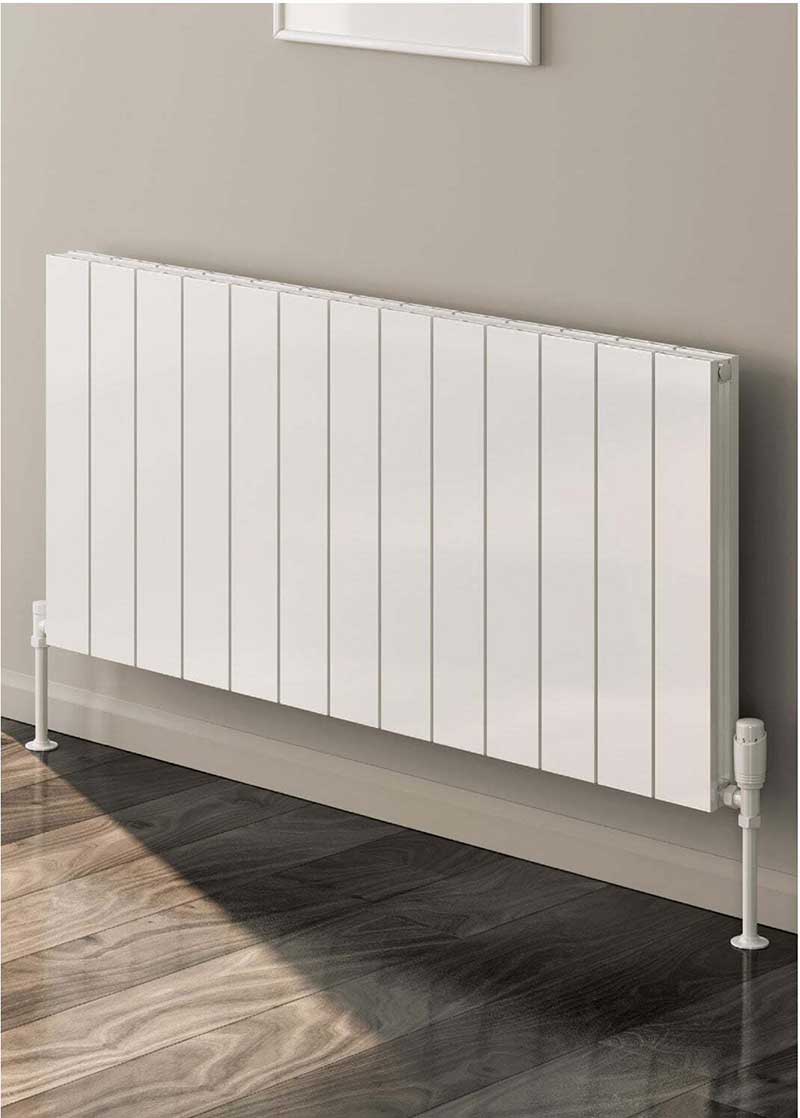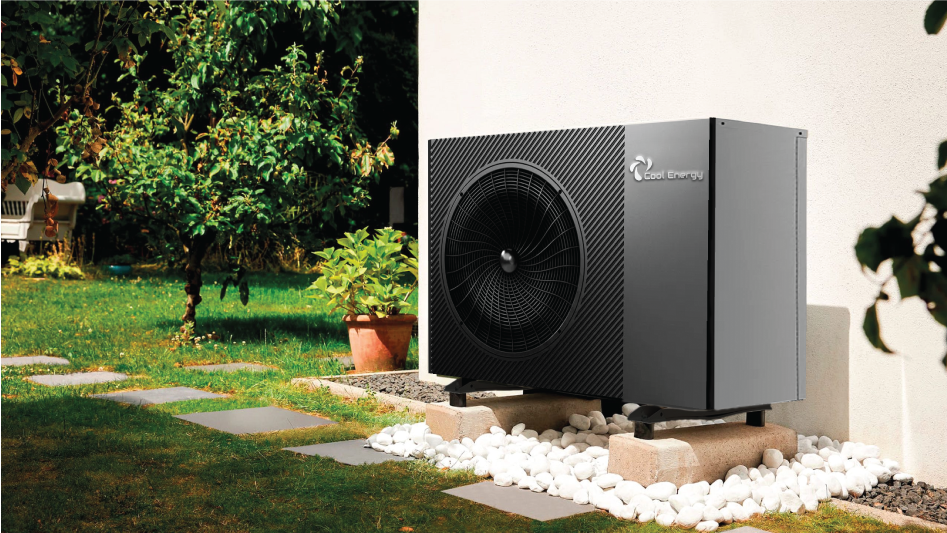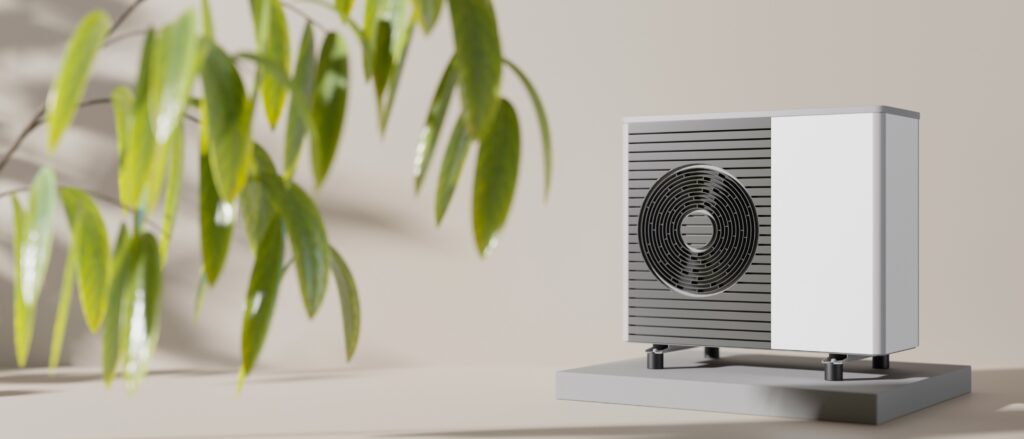As the UK seeks more environmentally friendly heating solutions, the imperative to replace gas-powered boilers is growing. Despite the initial high costs associated with heat pumps, hybrid air source heat pumps have gained increasing popularity in recent years.
But what exactly do hybrid air source heat pumps entail, and how do they contribute to making UK homes more sustainable? To address these questions, we’ve compiled a comprehensive guide providing everything you need to know about hybrid air source heat pumps.
If you’re already acquainted with the costs of hybrid and air source heat pumps, consider obtaining a quote for a new heat pump by delving into our simple form. Once you’ve provided a few details, our suppliers will reach out with quotes for easy comparison, facilitating your quest for the right deal.
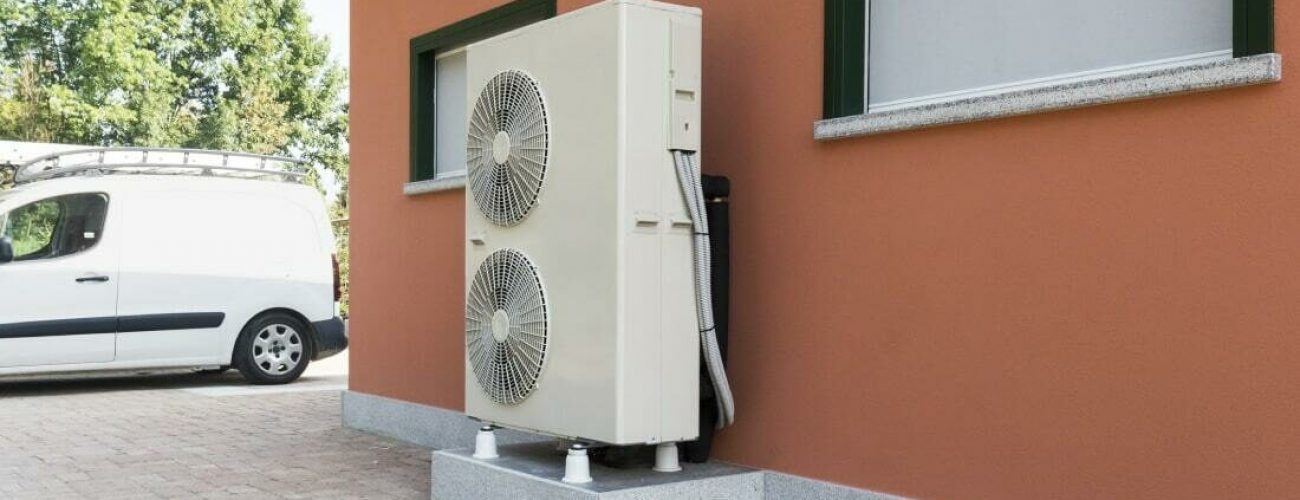
What's on this page?
How does a hybrid air source heat pump work?
Before delving into the specifics of a hybrid air source heat pump, let’s provide a brief overview of conventional air source heat pumps.
While most home heating systems rely on fuel or convert electricity to generate heat, an air source heat pump exclusively utilizes the ambient air outside. By extracting air from the surroundings and transforming it into heat, an air source heat pump operates similarly to more traditional heating methods, including heating water for everyday use such as hot showers.
The notable advantage of air source heat pumps is their independence from warm external air conditions. In fact, many heat pumps can effectively warm homes even in sub-zero temperatures, with capabilities extending down to -20°C (-4°F). This resilience makes air source heat pumps entirely feasible in colder climates, as they efficiently extract heat from the air, regardless of the outside temperature.
A hybrid air source heat pump functions on a parallel principle, incorporating both an air source heat pump and a standard boiler for home heating. This configuration ensures you continue to enjoy the environmental benefits of using air for heating, while having the added reassurance of a gas-fired boiler as a backup in case external air becomes too cold for efficient heat conversion. Essentially, a hybrid air source heat pump proves ideal for regions with milder climates and colder winters.
Should you get a hybrid heat pump or a normal one?
The choice between opting for a hybrid heat pump or a conventional one is entirely contingent on your specific circumstances, including your location, as briefly mentioned earlier. Given that most air source heat pumps typically heat homes up to approximately 40-45°C (104-113°F), older and inadequately insulated residences may struggle to efficiently retain warmth.
This challenge is particularly pronounced when external temperatures dip below a certain threshold, as colder conditions reduce the efficiency of air source heat pumps. While many heat pumps can still operate in freezing temperatures, the cold weather poses challenges in effectively heating radiators.
Compounding the issue is the prevalence of smaller radiators in many homes, originally designed for traditional gas-fired boilers. For an air source heat pump to function optimally, larger radiators are essential to facilitate more efficient heat distribution; smaller radiators prove less effective in this regard.
The advantage of a hybrid heat pump lies in its ability to fallback on a gas-powered boiler when conditions render the air source heat pump incapable of generating sufficient warmth. Hybrid heat pumps serve as a valuable interim solution toward achieving net-zero goals, especially until technology advances to the point where non-hybrid heat pumps operate efficiently in less-than-optimal conditions.
How much does a hybrid air source heat pump cost?
The initial expenses associated with a hybrid air source heat pump surpass those of a traditional boiler due to the relatively new technology. Additionally, installation costs are higher, given the limited number of qualified technicians available for the installation of these systems.
The units themselves come with a price tag of approximately £10,000, a figure that may seem steep when compared to the average cost of a new boiler. However, it’s essential to consider the potential savings associated with a hybrid air source heat pump, which become more apparent when examining the broader perspective:
1. **Extended Lifespan:** A hybrid air source heat pump boasts a significantly longer lifespan, ranging from 20 to 25 years, in contrast to the 10-15 years typical for a standard boiler.
2. **Boiler Upgrade Scheme:** The Boiler Upgrade Scheme offers an increased grant of £7,500 towards the cost of your heat pump.
3. **Reduced Fuel Consumption:** With a hybrid heat pump, there is a substantial reduction in both fuel usage and associated costs.
Moreover, the size of your home influences the required unit capacity, impacting the overall cost. Larger homes necessitate higher-capacity pumps for efficient heating. Encouragingly, the government’s Boiler Upgrade Scheme includes a £7,500 grant for domestic heat pumps, facilitating wider adoption of this technology.
For a more visual representation, refer to the accompanying chart illustrating the running costs of a standard gas boiler versus a hybrid air source heat pump over a 15-year period (based on a semi-detached property occupied by two people).
How long do they take to install?
The installation process of a hybrid air source heat pump can vary based on the existing heating setup in your home.
In instances where pipework is ideally situated, particularly in newer properties, the installation process is likely to be quicker.
Conversely, if the pipework is not in a suitable location, it may necessitate the installation of new piping to accommodate the heat pump. This scenario is more common in older properties designed around outdated home heating systems.
Consideration of space is crucial as well. Installing a hybrid air source heat pump requires outdoor space adjacent to the property, with the pump mounted on a wall or positioned on the ground.
It’s important to note that having adequate space is not the sole requirement; clearance around the heat pump must be ensured for proper functionality. Wall-mounted pumps typically need a minimum clearance of around 200 mm for efficient operation, while ground units generally require a bit more space.
Hybrid air source heat pump maintenance
In the majority of instances, hybrid air source heat pumps entail low maintenance and avoid the need for frequent repairs often associated with standard boilers. The hybrid configuration ensures that the boiler is utilized far less, effectively minimizing wear and tear on the unit.
A high-quality hybrid heat pump boasts a lifespan ranging between 20-30 years, though it is advisable to schedule a checkup approximately once a year.
Despite the overall durability and reliability, a few maintenance tasks should be undertaken throughout the lifespan of your hybrid heat pump. These tasks include:
1. Regularly checking and, if necessary, cleaning or replacing filters, coils, and fans.
2. Ensuring that airflow remains unobstructed by clearing away leaves or other debris.
3. Monitoring for potential leaks, as heat pumps collect and store condensation from the air, requiring periodic drainage.
Even with these considerations, the crucial components of a hybrid air source heat pump are notably less prone to degradation compared to those of a standard boiler.
Next steps
With the government’s impending prohibition on gas boilers in new constructions by 2025, followed by a comprehensive ban on all gas boilers by 2035, now is the opportune moment to contemplate adopting a hybrid air source heat pump. Serving as an ideal initial step for those aiming to diminish their carbon footprint, hybrid heat pumps provide a seamless transition without the need to completely forego traditional boilers.
For hassle-free comparison of free heat pump quotes, simply input a few details into our form. Sit back, relax, and allow us to handle the intricacies. Your information will be forwarded to our suppliers, who will promptly provide you with complimentary quotes for easy comparison. In no time, you’ll be reaping the rewards of heat pump-powered heating solutions!
Find out how much a heat pump would cost you
Complete A Short Form – Receive Free Quotes – Compare & Save
Find out how much a heat pump would cost you
Complete A Short Form – Receive Free Quotes – Compare & Save







